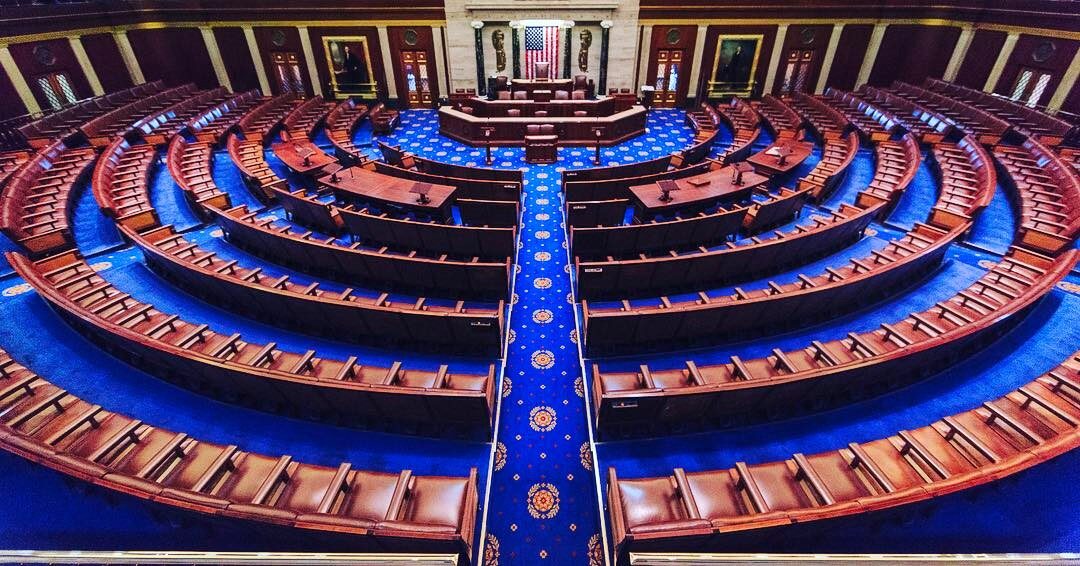When the history of the 2017 solar industry is written, it may be remembered as the year of net-metering battles.
The year is only three months old, and already battles have been joined in Arizona, Indiana, Maine and Iowa legislatures and solar advocates are wrestling with net metering’s future. And California is proceeding apace with Net Metering 2.0. .
Now New Hampshire is joining the rapidly growing list, though the state may have learned a lesson Arizona only learned after a protracted, three-year Bataan Death March of a value-of-solar docket. The Arizona Corporation Commission came to a decision in December to all but eliminate net-metering on a short timeline. Recently, however, solar advocates clawed back some of those reductions for current solar customers.
In contrast, the proposals New Hampshire utilities and solar advocates filed with the state’s Public Utilities Commission (PUC) last week share much common ground, which could avoid some of the contentious wrangling taking place in other states.
Under current New Hampshire law, distributed-energy users could bank net-metering credits at the retail rate, currently $0.17 per kilowatt-hour in New Hampshire. The utilities want to eliminate a distribution credit immediately and only credit rooftop users for the excess energy they produce, plus a transmission credit. It would also remove the idea of banking credits, instead proposing to refund money in real-time.
New Hampshire would appear to be one of the few states to offer a transmission credit, which appears to account for at least one of the grid benefits solar consumers bring: Taking less energy from the grid means lower transmission costs for the utilities, while additionally reducing maintenance costs. It’s often benefits like this, which solar advocates highlight and utilities often turn a blind eye to, that can increase tensions between utilities and the solar industry in other states.
The proposal from solar advocates balks at eliminating the distribution credit immediately (though it does not appear dispute its eventual elimination). Under their alternative proposal, distribution credits would decline gradually, starting with a reduction to 75% starting on Sept. 1, and falling to 50% on Jan. 1 2019.
Advocates also propose eliminating the current net-metering cap on Sept. 1, which currently limits the amount of energy distributed solar customers can claim on their bills. Additionally, they propose grandfathering all customers placed in the interconnection queue before Jan. 1, 2021 until Dec. 31, 2040, with all projects placed in the queue on or after January 1, 2021 to be grandfathered for 20 years.
Solar installation companies ReVision Energy believe the advocates’ proposal is a strong indication the industry wants to work with utilities to find a compromise acceptable to both parties.
“The solar industry is offering a significant, good faith compromise and a path forward to reach a more modern, efficient, cheaper grid that benefits all ratepayers and helps to lower our state’s high energy costs,” said Dan Clapp, Partner at New Hampshire-based ReVision Energy. “This common sense, data driven settlement will foster more innovation, enable more growth across our economy and create more clean energy jobs right here in the Granite State.”
This content is protected by copyright and may not be reused. If you want to cooperate with us and would like to reuse some of our content, please contact: editors@pv-magazine.com.








By submitting this form you agree to pv magazine using your data for the purposes of publishing your comment.
Your personal data will only be disclosed or otherwise transmitted to third parties for the purposes of spam filtering or if this is necessary for technical maintenance of the website. Any other transfer to third parties will not take place unless this is justified on the basis of applicable data protection regulations or if pv magazine is legally obliged to do so.
You may revoke this consent at any time with effect for the future, in which case your personal data will be deleted immediately. Otherwise, your data will be deleted if pv magazine has processed your request or the purpose of data storage is fulfilled.
Further information on data privacy can be found in our Data Protection Policy.